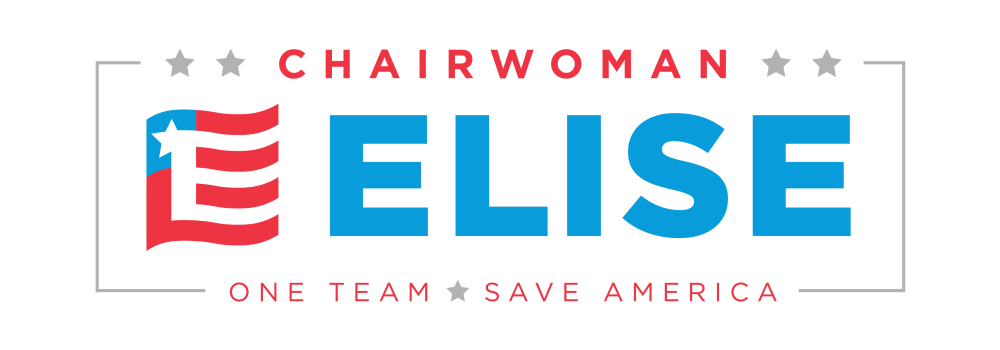Written by Ben Muir in the Watertown Daily Times on May 12, 2020
Rep. Elise M. Stefanik, R-Schuylerville, was listed at number 14 in a recent ranking of how often members of Congress work across party lines.
The Lugar Center, a nonprofit organization in Washington, D.C., which says one of its focus is bipartisan governance, produced a non-partisan ranking of members of Congress with Georgetown University’s McCourt School of Public Policy.
It’s called the Bipartisan Index, and its intention is to fill a hole in the information available to the public about the performance of members of Congress. According to the center’s website, the index measures how often a member co-sponsors a bill introduced by the opposite party and the frequency with which a member’s own bills attract co-sponsors from the opposite party.
Ms. Stefanik came in at number 14 for 2019. Last Congress, she came in at 19, according to her office.
“When I ran for Congress in 2014, I promised to work with anyone with ideas – regardless of party lines – to deliver results to the North Country,” the congresswoman said in a statement. “I have kept that promise since I was sworn into office. It is a true honor to be ranked in the top 5 percent most bipartisan Members of Congress by The Lugar Center … During the COVID-19 crisis in particular, the ability to work effectively in a bipartisan manner is critical, as so many are suffering both financially and health-wise.”
Development of the center’s ranking is weighted toward bill sponsorships and co-sponsorships for two reasons: it allowed it to construct a highly objective measure of bipartisan and partisan tendencies, and that sponsorship and co-sponsorship behavior is especially revealing of partisan tendencies.
But tallying up bipartisan sponsorships and co-sponsorships cannot get a clear and fair picture, the website said. The behavior related to sponsoring and co-sponsoring bills differs greatly depending on whether a member is in the majority or minority. To overcome this, the center said, it developed a 20-year baseline of data to which majority and minority members could be compared. They also compared members who co-sponsor bills often or only occasionally, whether and how to give credit for an increasing number of bipartisan co-sponsors on a bill, whether to include commemorative legislation and resolutions and how to handle members who introduce a very small number of bills or none at all, according to the website.
“I would emphasize that we do not believe that it is wrong for members to have partisan bills in their portfolio of co-sponsorships,” a statement by the center reads. “Every member of Congress has such bills. Nor do we believe that all bipartisan bills are wisely written and considered. However, a consistently low score on this index will be a very strong indication that a legislator is viewing his or her duties through a partisan lens.”
You can read the full article at https://www.nny360.com/





